Beyond Odd-Even: a plan for Delhi
The odd-even formula has the advantage of having involved leaders as well as common citizens. The Government must now improve air quality by urgent measures across a wide front in Delhi, and then in the entire NCR.
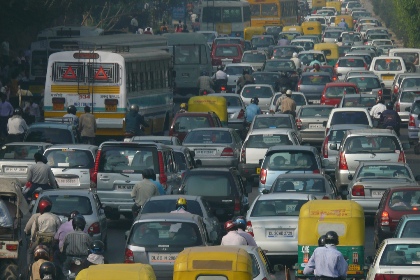 Courtesy: Wikipedia
Courtesy: Wikipedia
The odd-even formula has the advantage of having involved leaders as well as common citizens. The Government must now improve air quality by urgent measures across a wide front in Delhi, and then in the entire NCR.
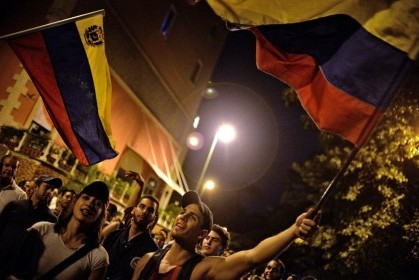 Courtesy: Getty Images
Courtesy: Getty Images
Despite the Venezuelan opposition's victory in the December 6 legislative elections, 2016 will likely see a rise in political confrontations and a deepening economic crisis in Venezuela. The India-Venezuela bilateral will remain mostly unaffected and continue to be focused on oil.
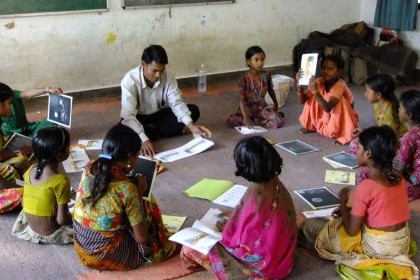 Courtesy: Wikipedia
Courtesy: Wikipedia
CSR in India has been detached from business practices. A more effective approach to CSR would entail efforts to integrate sustainable business with societal giving, rather than simply requiring companies to donate money and outsource all of its CSR efforts.
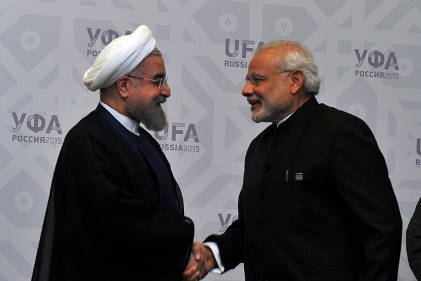 Courtesy: MEA India / Flickr
Courtesy: MEA India / Flickr
India finds itself in the long queue of global economic powerhouses that wish to avail the new opening between Iran and the international community. But India’s proximity and mutual interests of the two countries indicates that the time is ripe for a fundamentally new beginning in Tehran-Delhi relations.
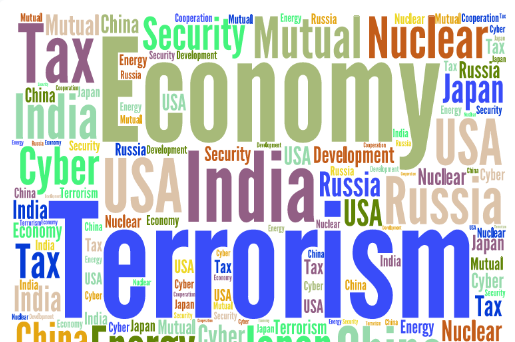 Courtesy: Gateway House
Courtesy: Gateway House
Gateway House sifted through the speeches of Prime Minister Narenda Modi during his visits abroad in 2015 to assess the terms—such as cooperation and economy—he used most frequently. As the terminology pattern shows, India’s foreign policy is now focussed on forging new and improved global partnerships. And as the most-travelled head of state in the world, Modi’s words indicate India’s new global positioning
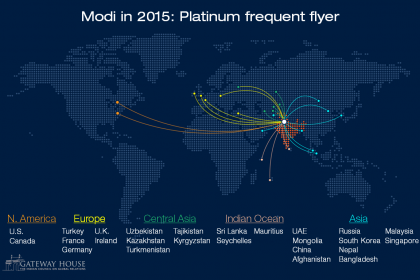 Courtesy: Gateway House
Courtesy: Gateway House
It has been a busy year for Prime Minister Narendra Modi. The Indian PM has been to 26 countries with an aim to forward India's foreign policy and establish the country as a formidable international player. A recap of his visits
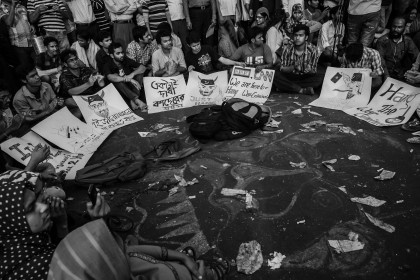 Courtesy: Mehdi Hasan Khan/ Wikipedia
Courtesy: Mehdi Hasan Khan/ Wikipedia
At a time when Islamic fundamentalism is threatening the world, Bangladesh as a moderate muslim democracy occupies a unique position in actively confronting this threat under Sheikh Hasina. Instead of the unjustified criticism levied against its war trials, the West must actively support its fight against terror.
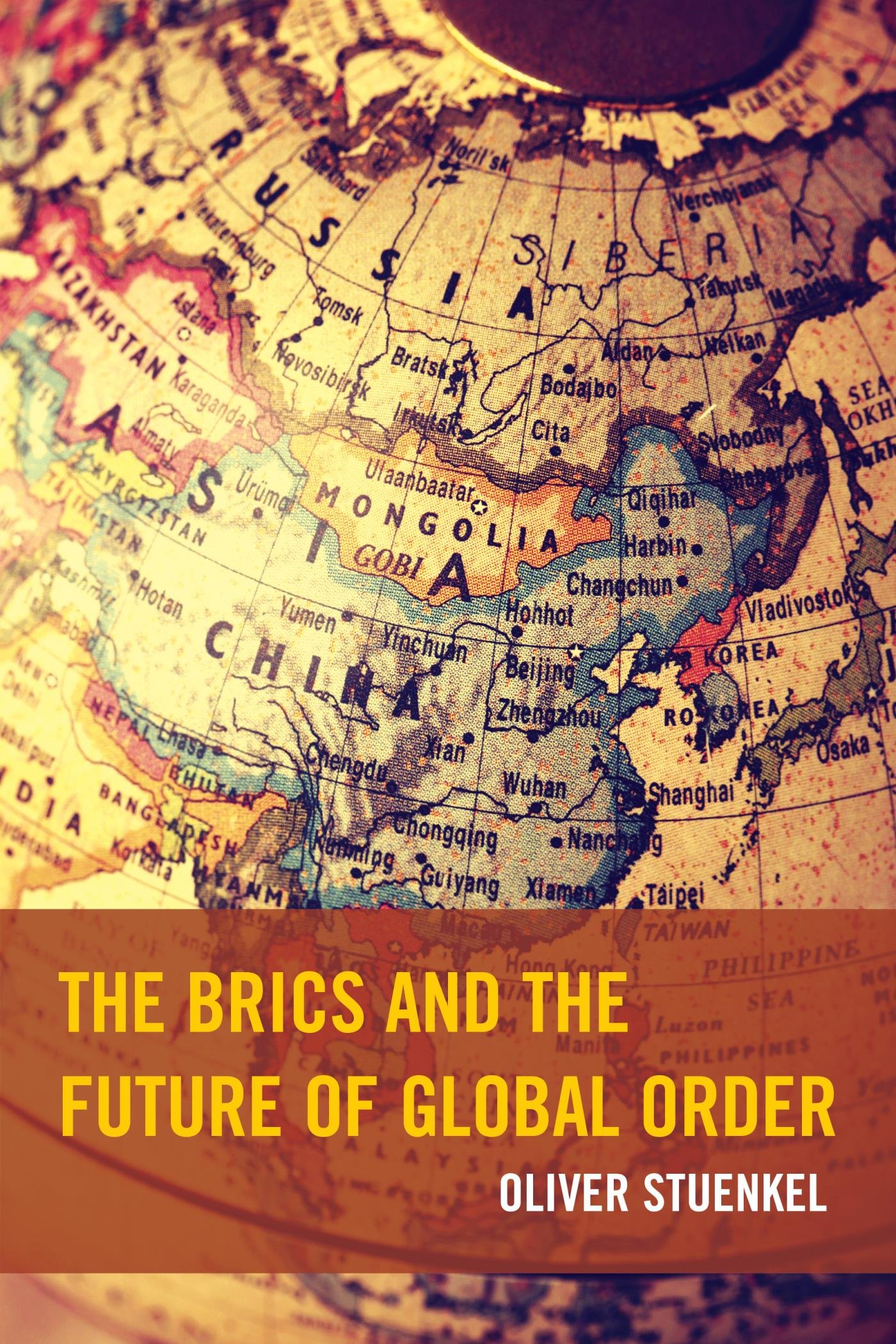 Courtesy: Lexington Books
Courtesy: Lexington Books
Oliver Stuenkel's book provides a well-researched account of the evolution of BRICS – starting from the forum’s inception in 2009 to the present – and the interactions between Brazil, Russia, India, China and South Africa on global issues.
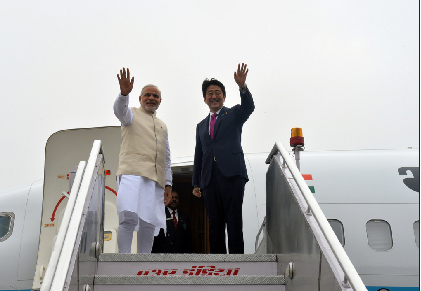 Courtesy: MEA/Flickr
Courtesy: MEA/Flickr
During Japanese PM Shinzo Abe’s recent visit to India, both countries made important progress in strengthening their security engagement focused on maritime security, defence purchases and counter-terrorism. Nonetheless, Indian policymakers are conscious of regional concerns about Japan’s renewed nationalism and of balancing this relationship with that of China
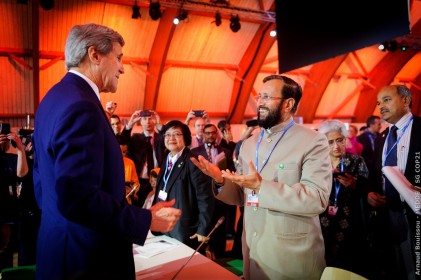 Courtesy: COP Paris / Flickr
Courtesy: COP Paris / Flickr
COP21 could have spelled doom for India’s growth push if it had insisted on a peak emissions year for all participants, or spelled out explicit restrictions on coal. It has done neither, and continues to recognise the principle of differentiated responsibilities